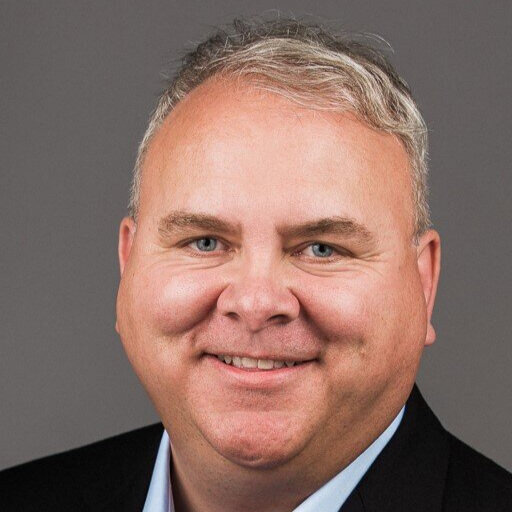Lynn Casteel Harper, author of On Vanishing: Mortality, Dementia, And What It Means to Disappear (Catapult 2020)
Hospital chaplaincy was once called an “absent profession.” While chaplains have always been present at the bedside of their patients in moments of greatest need, they were overlooked in the research literature—shunted off-stage while physicians, nurses, social workers, and other allied health professionals sought to demonstrate their own unique takes on person-centered care.
That began to change about ten years ago when professional chaplaincy associations moved to enhance the research literacy of their members. Chaplains began to write and publish more case histories. Using qualitative research methods and in language borrowed often from narrative medicine, chaplains found their voice.
Two books, where chaplains write about their clinical practice for more general audiences, allow those voices to be heard. Kerry Egan’s On Living (Riverhead 2017) is a collection of stories from hospice about what kinds of thoughts and feelings bid telling near the end of life. Lynn Casteel Harper’s prophetic new book On Vanishing: Mortality, Dementia, And What It Means to Disappear (Catapult 2020) seeks to find a new way of approaching dementia beyond usual stigmatizing polarities of light and darkness, and metaphors of dimming and fading away. Harper is searching, she says, “for new, more robust renderings of dementia that expand our vision beyond progressive vacancy and dread.”
Harper is a Baptist minister, nursing home chaplain, and essayist. She calls herself an enthusiastic reader and learner, not a scholar. She was trained in both academic theology and clinical pastoral education, and her specialty is dementia care. Harper writes beautifully of the patients she has cared for over the years. They include memorable characters like Dorothy, the 103-year-old former stage assistant to Harry Houdini and last surviving member of his show, who took Houdini’s secrets to her grave. Harper also writes of her own personal connection to dementia in her relationship with her grandfather, Jack.
The author weaves her tales like a novelist; she paints theology vividly, sparingly, like a pointillist. Read anew the original abrupt ending of Mark’s gospel, the earliest, briefest and most urgent of gospels. Glimpse Jesus disappearing behind a pile of laundry fallen to the ground—kind of like how Houdini made Dorothy disappear on stage behind his curtain, and like each of Harper’s patients who disappear behind the veil of gradual memory loss. Then stand back to see how we too, temporarily able-bodied as we may be, are all… vanishing, in different ways, each of us at different speeds and stages. And so, Harper asks: What does it mean to vanish well?
Dementia afflicts an estimated fifty million people in the world today. Harper notes that nearly six million people in the United States are living with Alzheimer’s, which makes it the nation’s sixth leading cause of death. As we fear the loss of self that goes with memories lost to dementia, we might wonder: Who will search for us as we lose ourselves?
In the face of loss, we grasp at our repertoire of stories. We are the stories we tell. And we relax our grip perhaps only when a trusted story holder comes along who can help us narrate our stories, the long way, by letting them breathe. As a chaplain, Harper knows empathically how to “hold space” for others, to listen and to see life differently. “In Christian mystical traditions,” she says, “darkness is integral to the soul’s journey—a positive spiritual good, not a malevolent force to be eradicated or exorcised.”
On Vanishing helps us understand what’s at stake in healthcare systems that risk prioritizing data collection and cure over medicine as unfolding story. Dire stakes indeed appear when some diagnosed with a frightening dementing illness like Alzheimer’s might choose the swift surety of medically assisted death, or feel pressured into it, over continuing life’s journey down a most unpredictable road ahead. If there is to be more to the story, Harper shows us how “vanishing is still life,” filled with sometimes startling surprises worth telling, hearing, and experiencing together.—Robert Mundle
Robert Mundle
Robert Mundle is a graduate of Yale Divinity School and a palliative care chaplain in Kingston, Ontario. He is the author of How to Be an Even Better Listener: A Practical Guide for Hospice and Palliative Care Volunteers (JKP 2018). Discover more about his work and books at robertmundle.com



